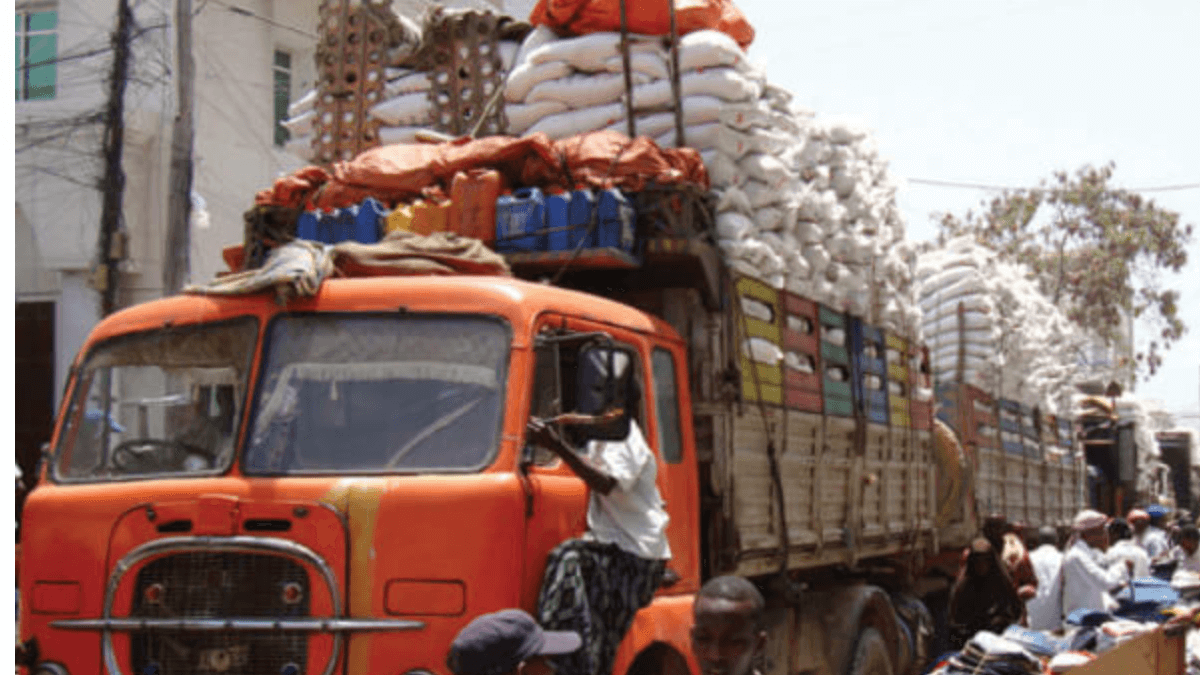News in brief:
– Nigeria spent $2.13 billion on food imports in 2023 due to inadequate local production and agricultural challenges.
– Over 100 million Nigerians faced food insecurity, prompting calls for targeted agricultural programs and investment in modern technology.
In 2023, Nigeria spent $2.13 billion importing food, a stark indicator of the nation’s severe food security challenges. According to Gabriel Idahosa, President of the Lagos Chamber of Commerce and Industry (LCCI), this dependence on imports is a direct result of longstanding structural issues in the agricultural sector.
Food inflation in Nigeria reached a staggering 40.87% by June 2024. The number of food-insecure Nigerians skyrocketed from 66.2 million in early 2023 to 100 million in 2024, with 18.6 million people facing acute hunger —a sign of a deepening crisis.
Key challenges in Nigerian agriculture
- Inadequate Infrastructure: Poor storage facilities, roads, and transport systems severely limit productivity.
- Insecurity: Conflicts in rural areas disrupt farming activities and reduce agricultural output.
- Climate Change: Erratic weather patterns damage crops and livestock, further destabilising food production.
Government’s role in solving the crisis
Idahosa emphasised that addressing these challenges requires a multi-faceted strategy. He also advocated for the expansion of the National Food Security Council to include both federal and state-level stakeholders, ensuring that efforts are coordinated to meet national food demand.
He further highlighted the need for strong fiscal policies and investments in agricultural research and modern farming technologies, such as improved seedlings and mechanisation, to increase productivity and reduce reliance on imports.
Idahosa pointed to the Medium-Term National Development Plan (2021-2025) as a key framework for securing land, soil, seed, and water for sustainable food systems in Nigeria.
Through strategic reforms and enhanced agricultural research, Nigeria can boost local food production and alleviate its growing food insecurity crisis.



